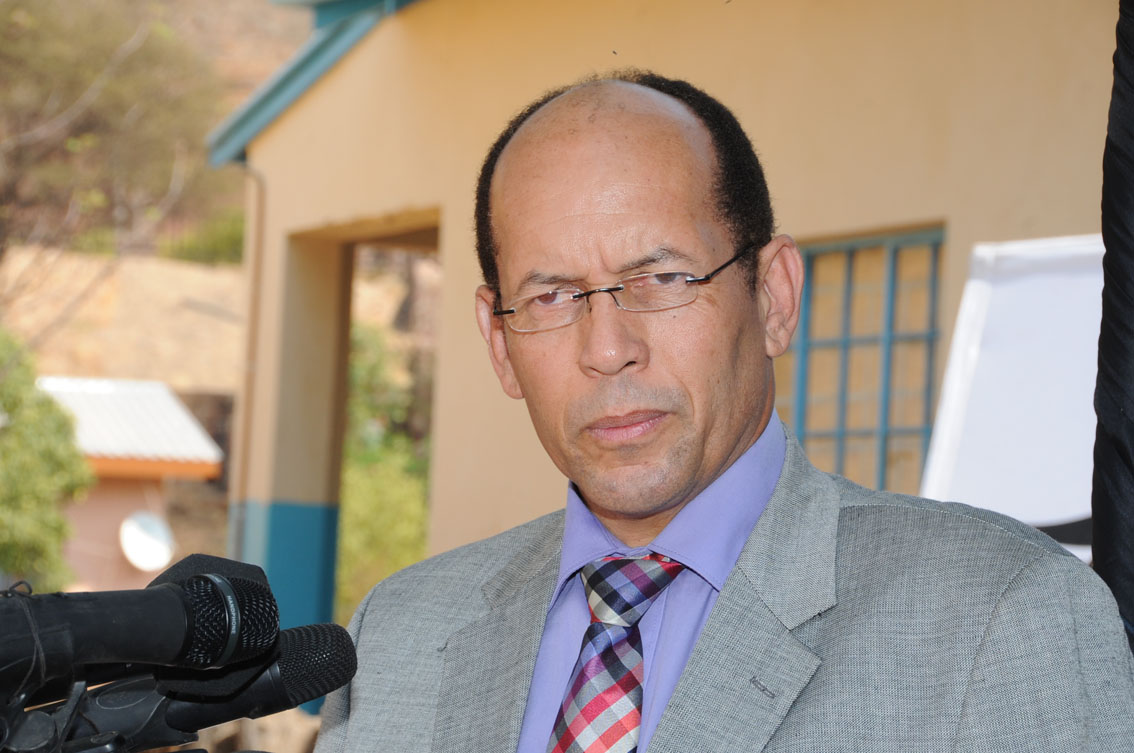Where is our own Django?
Knowledge Mushohwe Art Zone
Late last year, Seth Rogen, Evan Goldberg and Dan Sterling combined their acting, directing and screenplay talents to produce the now controversial movie, The Interview. The film, starring Rogen and James Branco, is centred on two journalists instructed by the Central Intelligence Agency to assassinate the North Korean leader Kim Jong-un after their request to interview the young president was granted.
The film predictably sparked an angry response from North Korea and several other quarters, specifically because it justifies and glorifies the assassination of a legitimate leader of a sovereign state.
The film portrays the leader as an insecure, inconsiderate and manipulative man who covers up the ugly side of his country.
In the end, the journalist (Branco) kills the leader in the most atrocious and dramatic fashion.
Hollywood has fantasised about killing foreign presidents for a long time.
In 2005, the late Sydney Pollack directed “the Interpreter”, a political thriller starring among others Nicole Kidman and Sean Penn.
The movie tells of a plot to assassinate a southern African president of a fictional country called Matopo as he attended the General Assembly at the United Nations in New York.
The fictional president is portrayed in the movie as one of the key architects of that country’s independence but had for 20 years become corrupt, tyrannical and responsible for dreadful atrocities within his country.
Because the plot tallies with the general misconceptions the West has about Zimbabwe’s president, the film was viewed by most critics to be a burlesque representation of President Mugabe.
The language spoken by the people from Matopo was termed, Ku, created by the Director of the Centre for African Language Learning in England, was a cross between Swahili and Shona, further confirming the link between Zimbabwe and the film.
While our President is being portrayed in disturbing fashion, our local filmmakers seem unable to tell just one or two stories about him or Zimbabwe’s history through the eyes of patriotic or impartial individuals.
Zimbabwe has had a long history that includes several decades of suffering under a racist, intolerable and disrespectful colonial government.
Zimbabwe’s tough upbringing is mainly told through the eyes of Europeans and Americans.
The foreigners almost always generalise, telling the liberation war story simply as indigenous people versus the invaders.
Lack of understanding of the indigenous cultures has also been a major barrier for foreign filmmakers.
Specific parts of the war, such as the battle in Chinhoyi waged by just seven guerillas against what turned out to be a whole army is yet to be fully told.
Yes, a movie centring around that incident was produced, but one project seems too little for such an important part of Zimbabwe’s history. The unfortunate part about that incident is that people have been made to think that the seven pioneers are only heroes because they were the first to fire the bullets that kick-started the road to independence.
What is often lost is the fact that they killed dozens of Ian Smith’s men, far more than their own number, and that they only lost their lives after running out of ammunition whilst battling assault from both the ground and in the air.
That in itself is a brilliant and inspirational story that deserves to be told to current and future generations.
We as a country lack such documentaries that highlight the contribution of our fallen heroes.
The shrewdness of the tactics and leadership qualities of wartime commanders such as Josiah Tongogara and Rex Nhongo for instance are perfect examples of what our filmmakers are ignoring.
How were some battles within the wider context of the war won?
How did they escape death when it looked so certain in times during the war?
By delaying work on film projects such as these, we run the risk of losing valuable data on them as the key witnesses of the actual events get older, losing their memory and even passing on.
Are we going to tell the future generations that there was a war to liberate the country and the only way to get a glimpse into it is through a film produced and narrated by some foreigners?
Hollywood recently made ‘Django Unchained’, a film starring Jamie Foxx, Christoph Waltz, Leonardo DiCaprio, Kerry Washington and Samuel L. Jackson about a black hero that rejects the stereotypical “worker” and “submission” image of a slave.
The film shows that, beyond the documentation of real-life events during the struggle for freedom, there exists the possibility of creating a fictional hero that inspires the next generation through heroism.
Based on what we know about the Zimbabwean liberation struggle there are limitless numbers of “Djangos”.
Today’s Zimbabwean filmmakers have a duty to highlight the contributions of the heroes that made their very existence as professional artists possible.
We are yet to have our imagination captured by these filmmakers through surreal and even ordinary representations of our own past.
Time is running out.






Comments